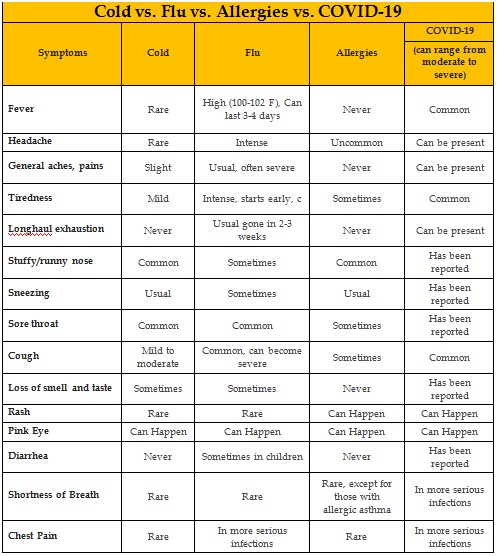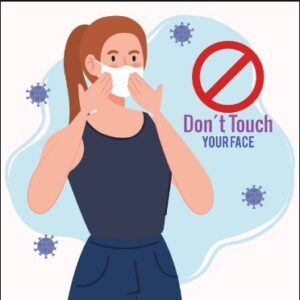Coronavirus (Covid-19): Introduction, Symptoms & Preventions
Continue reading "Coronavirus (Covid-19): Introduction, Symptoms & Preventions"

What is Coronavirus?
The Coronavirus is a type of virus that infects the person through the nose, sinuses, and upper throat. It is a common virus that generally is not dangerous.
But in early 2020, a new variant of this virus identified as SARS-CoV-2 spread in China, and significantly has taken a form of a pandemic by quickly spreading all around the world.
SARS-CoV-2 causes a disease termed COVID-19, which can trigger respiratory tract infection. It affects the upper body, specifically sinuses, nose, and throat, or lower body by affecting the windpipe and lungs. While affecting the lungs, the cough is stored in the lungs and becomes a hurdle in oxygen intake.
Moreover, It spreads the same way other coronaviruses do, especially through the contact of person-to-person. The Infections arising out from this virus range from mild to deadly.
What are the symptoms of COVID-19?
The major symptoms of Coronavirus (COVID-19) includes:
- High Fever, (The body temperature goes down for a short period if medicines are swallowed to get rid off of the fever, but again the body temperature rises when the medicine effect decreases).
- Cough (Coughing at a very short period, and continues at least for 2-3 times at an interval of 5-7 minutes.)
- Breathing Problem. (The coronavirus affects Lungs and becomes a hurdle in oxygen intake.)
- Short breathing.
- Lack of Energy, or Tiredness (But it is not drowsy or sleepy feelings).
- Feeling Cold, sometimes with Shivering.
- Body Pain.
- Headache.
- Sore Throat.
- Congestion or runny nose.
- Loss of Smell or Taste. (No taste or smell).
- Nausea.
- Diarrhea.
Additionally, The virus can also lead to pneumonia, respiratory failure, heart problems, liver problems, and death.
The symptom of Corona changes from person to person, and these are visible in an infected person within 2 – 14 days.
Difference between a Covid-19, a Flu, & a Cold?
The symptoms of Covid 19 are some times similar to normal flu and cold
So, To assist you more to be clear about Covid-19, we have suggested a sheet that contains the Symptoms and their severity for more understanding If you have Covid-19, or a Flu, or a bad Cold. Just go through the sheet and match your symptoms to check if you have Covid-19, a cold, or a Flu.

How does the Coronavirus spread?
Before moving further on this blog, it is very essential to have proper knowledge of coronavirus transmission.
It transmits through person-to-person contact. Mostly, it is transmitted when a sick person coughs or sneezes. Because while coughing or sneezing, the droplets of cough or sneeze are sprayed as far as 6 feet away. And, if you breathe them in or swallow them, the virus can get into your body.
Some people who have the virus don’t have symptoms, but they can still spread the virus.
The virus can live for several hours untouched on the surface they land on. So, you can be infected by the virus if you have touched any surface on which the virus was active, and then touched your mouth, eyes, or nose.
How to prevent Coronavirus (Covid-19)?
As we all know that “Prevention is better than cure”. So, To prevent Coronavirus, we have suggested the below-mentioned tips that can help to protect us and reduce the chances of spreading Coronavirus among society.
- Wash your hands frequently with soap and Luke warm water.
- Wear a mask or cover your face from any substance to protect yourself from droplets of cough or sneeze.
- Avoid touching your eyes, nose, and mouth.
- Clean & disinfect the surface that you often touch like Cell phone, desk, door handle.
- Avoid handshake and hug.
- Maintain a physical distance.
- Avoid public gatherings.
- Avoid eating & drinking in public places.
- Stay at home and avoid going outside unnecessarily.
If you find that you are affected by Coronavirus, Call your doctor and tell him that you have such symptoms. Avoid sitting, sleeping, or eating with your family even if you live in the same home, and keep yourself isolated from others until you recover.






